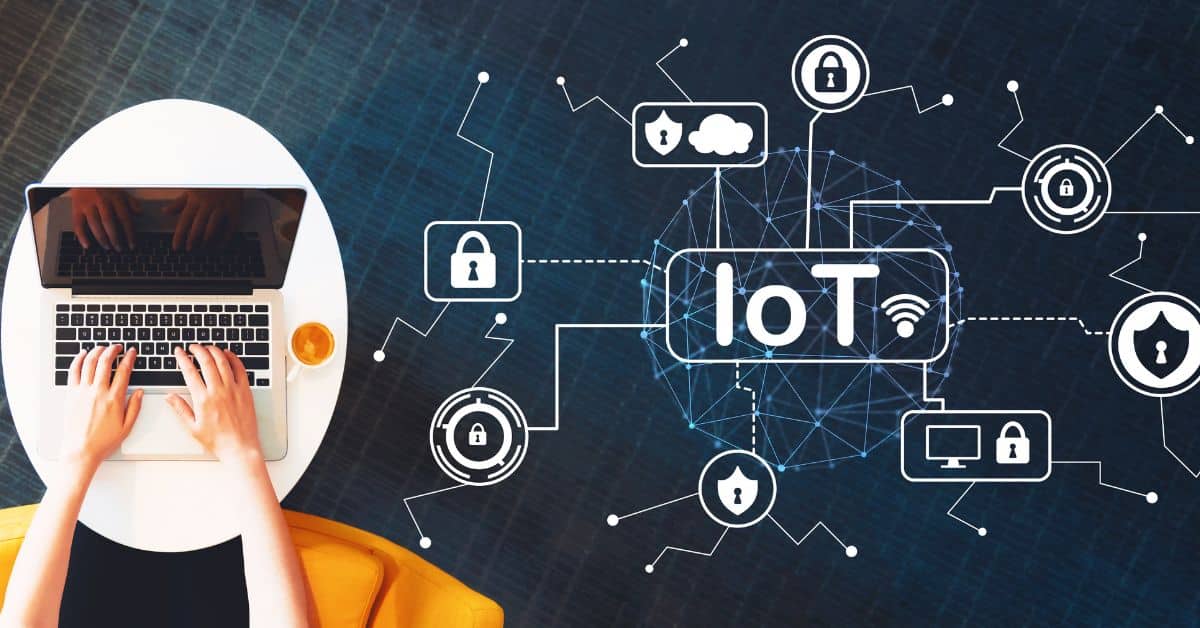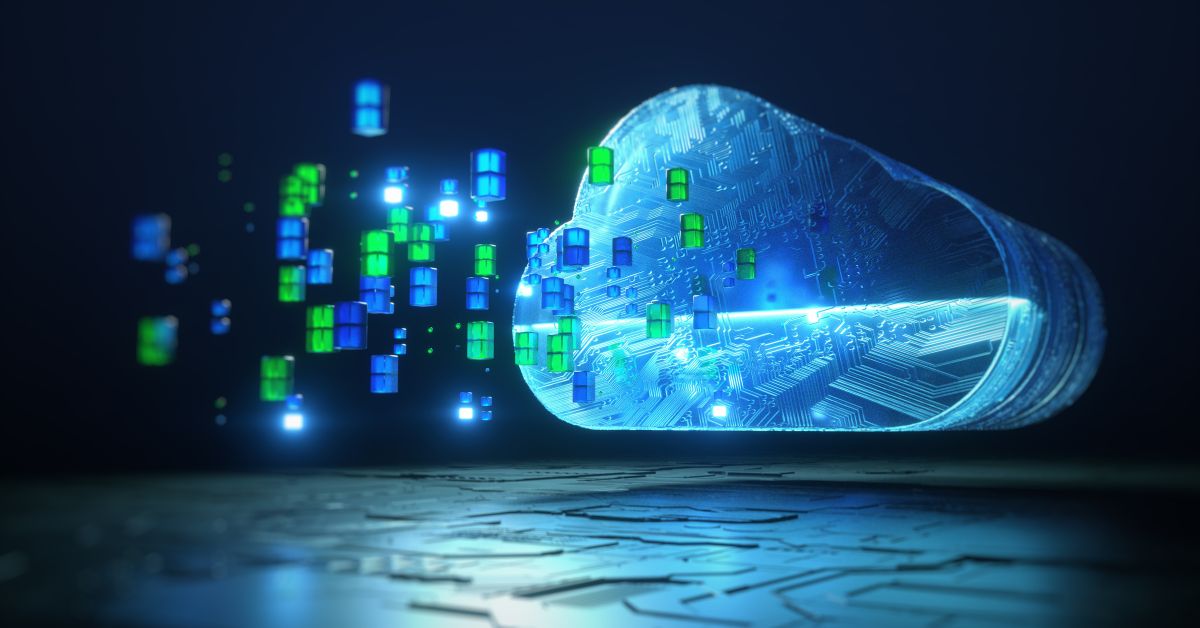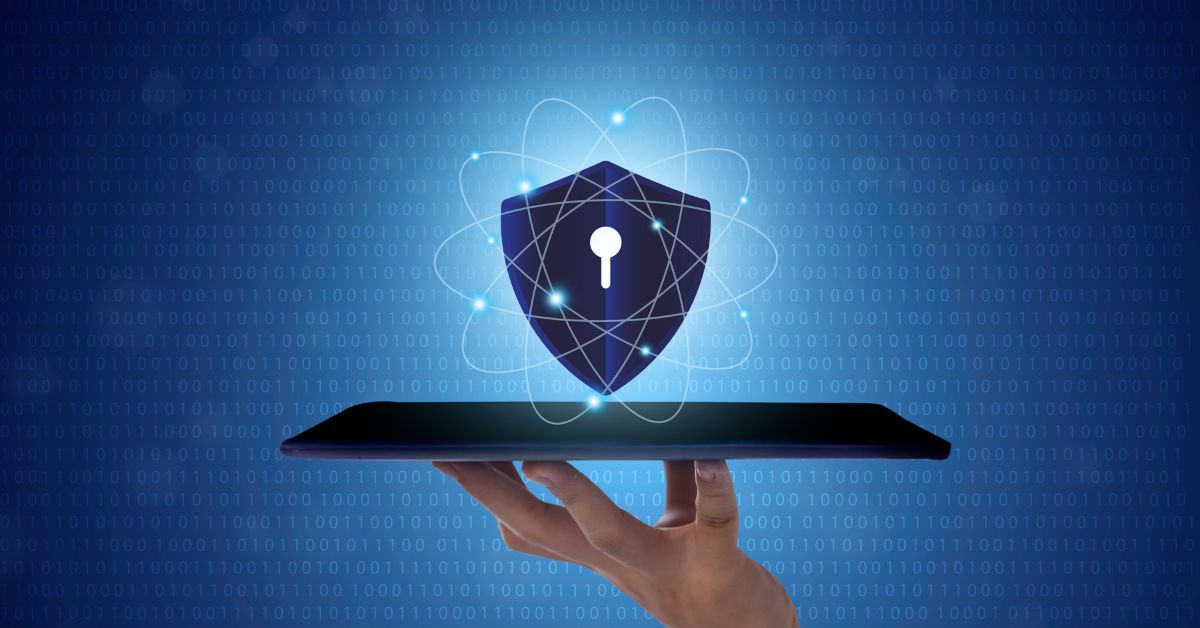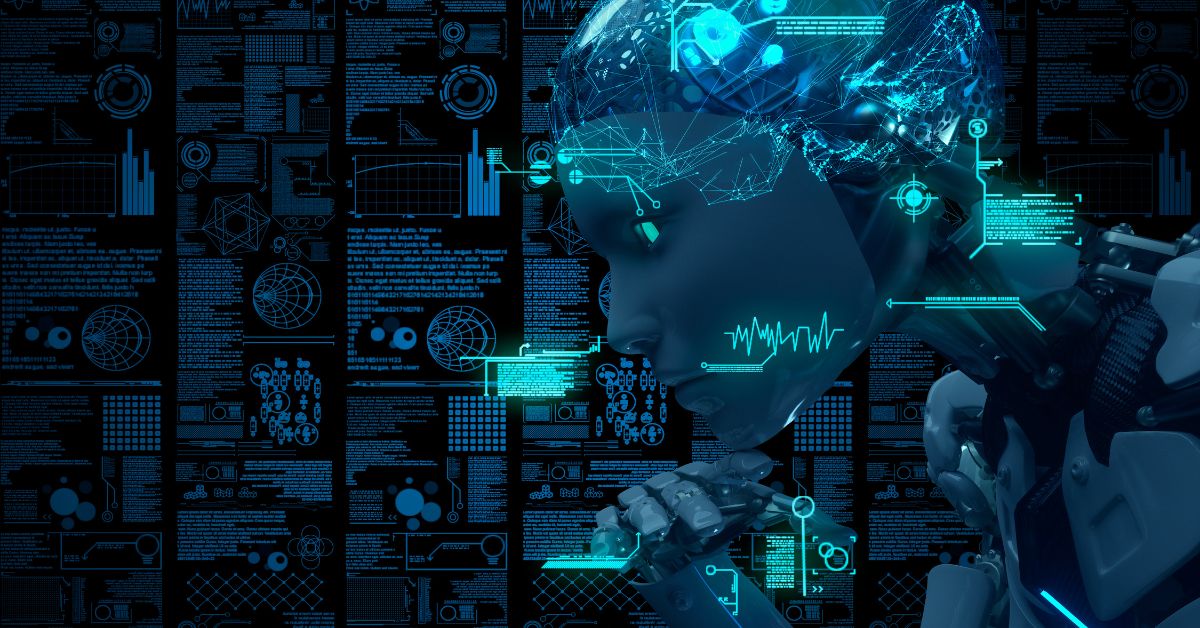The digital world is constantly changing. New threats are emerging at a rapid pace, with security being one of the top priorities for both small businesses and individuals. As a result, securing your web pages and online presence has become even more important.
In this blog post, you’ll learn how to secure your web pages and network from threat actors and internet scammers, keeping your website safe from malicious websites and cyber attackers. You will also learn how to keep your website safe from prying eyes and digital snoopers who might be interested in viewing your personal or sensitive information.
What is Security?
There are many different types of security, and the best course of action depends on the threat that is causing your issue. Some threats are easier to secure than others. For example, if you operate a small business, your website is probably the most important piece of internal infrastructure, so you will want to put as much effort into securing it as possible.
Here are some of the main types of security:
Type 1: Physical Security This is the security of things that are connected to your computer or network. For example, your computer must be securely connected to your network in order for it to be able to receive and send data. This type of security is important for computers and networks that are connected to the internet.
Type 2: Software Security This is the security of programs that are running on your computer or network. For example, your web browser is software that is running on your computer, and any website that you visit is also software running on your computer. You can consider your web browser to be another type of software that is connected to your computer. This software protects your computer, and any data stored on your computer, from malicious websites and hackers.
Computer and Network Security
Computer security is the protection of all computers connected to a network. Network security is the protection of all computers on a network. It is important to note that computers on a network may have differing levels of security. For example, if you are using a Wi-Fi network, your computer is connected to the network through its connection to the internet, so network security is not a factor. An important aspect of computer security is the awareness of who is on your computer and the security of that person.
It is important to keep your computer account and user name secure. If someone knows your user name or password, they could access any website you have access to through your computer. This includes your computer at school or work, and even your own home computer. If someone is able to access your computer from time to time without your knowledge, they may be able to access your sensitive information, such as your bank account data or financial information. One way to improve your computer security is to set up an barrier of sorts around your computer that would prevent an unauthorized person from accessing it.
A physical barrier is the most obvious solution, but a software solution is also available. One software option that can help protect your computer from casual inspection is a password manager. A password manager lets you create strong passwords for all of your websites, online accounts, and other sensitive data without having to remember them all at once.
You can use a software such as password manager to create and manage secure passwords for all of your accounts. You can also generate a new password each time you log into your computer. This will help you stay on top of your password management and avoid making mistakes that could allow someone to access your sensitive data.
Web Security
The internet poses a number of security risks for both individuals and businesses. For example, a malicious website could steal your information or redirect you to a phishing page that looks like it is from your bank or other financial institution. Some of the other main risks that impact web security are the use of third-party cookies, which are used by most websites today, and the use of insecure connections such as those provided by mobile data services.
There are a number of ways to reduce the impact of both of these threats. You can use a browser plug-in to alter the settings of cookies so that they are less likely to be set by default. You can also enable two-factor authentication for your online accounts so that even if someone gets your password, they will have to go through a verification process before being allowed to access your account. You can also use a kill switch to block all access to the internet from a specific IP address in case of emergency.
Site Security Guide
While it is important to keep your computer and network secure, you also need to ensure that your website is secure. There are a number of factors that determine how secure your website will be, including your data security and your network security. Both of these will affect both how likely it is for hackers to access your site, and how likely it is for your visitors to be detected by websites snooping on you.
To maximize the security of your website, the IT security team at Prevention Group recommends the following: Limit the amount of user data that is sent with your site. Only send information that is necessary to deliver your product or service. Limit the information that you store on your site. For example, remove your contact information if you are no longer selling that product or service. Use strong passwords that are difficult to remember. Keep your passwords separate from other information that you store on your computer. Use a password manager to make logging into your site easier.
Tips for keeping your website safe
Protect your data – If someone gets access to your data, they could see everything that has been on your computer and network. This includes files you have been working on, your usernames and passwords, financial data, and other sensitive information. It is a good idea to keep a backup of your data and have access to it when you are not able to be present for a period of time.
Keep your computer account and user name secure – If someone gets access to your computer account, they could see all of your personal information, including your home computer’s files. This includes your operating system, applications, documents, photos, videos, and other files. It is a good idea to use an account that is only managed by you and keep your user name and passwords secure. Use a password manager – A password manager is a software tool that can help you remember all of your passwords and other sensitive data without having to remember them all at once.
You can use a software such as password manager to create and manage secure passwords for all of your accounts. You can also generate a new password each time you log into your computer. This will help you stay on top of your password management and avoid making mistakes that could allow someone to access your sensitive information.
Limit your access to your data – It is a good idea to only give other people access to your data when they need it. For example, if you are the owner of a website and want to share some of your content with customers, you can limit the access to your data to only those people who need to be on your server in order to see it.
Use a kill switch – A kill switch is a function that automatically turns off your internet connection when you are not using it. This will help you to stay on top of data usage and avoid overusing the internet connection. A kill switch can be used when you are not online so that others cannot access your data when you are not available. This will help you stay on top of data usage and avoid overusing the internet connection.
Conclusion
The internet has become a crucial part of our daily lives. While it is great that the internet has made many things easier and faster, it has also made it easier for people to steal or mismanage your data. It is important to protect your data and computer from any threats, both internal and external. Using the tips provided in this article, you should be able to keep your website secure.




